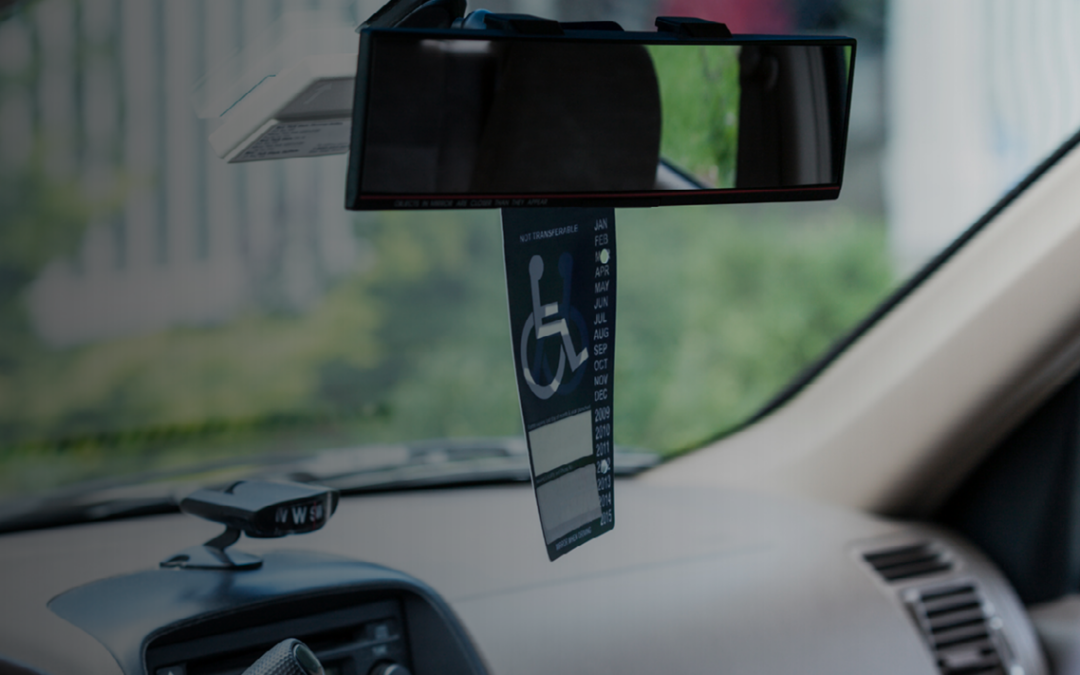The Importance of Police Reports
Category: Law Enforcement
Gordon Graham here with Today’s Tip from Lexipol.
Today’s Tip is for all my law enforcement friends out there and it’s about police work. Now listen, I’m not here to restate the obvious. But I do want to address an element of our job that’s often taken for granted or even overlooked. Documentation. And not to digress early on, but there will come a time in my lifetime where we are no longer writing written reports. From A.I. to body worn cameras and ongoing technological advancements, it’s only a matter of time until we aren’t writing reports anymore. But that’s not right now. Right now, we’re still writing reports.
But after we clear a call there’s still no replacement for the pen or a keyboard. We must be able to articulate our rationale and document our actions.
Memorializing what we do in writing is a key element of professional policing. We learned it back in the academy. Our FTOs reaffirmed it. And our field supervisors red-inked our reports to make us better. In this day and age, we have a lot of tools at our disposal that help us record important facts about the calls we respond to. Body cameras, in-car video systems, there’s no doubt technology makes us more efficient at doing our job.
But after we clear a call there’s still no replacement for the pen or a keyboard. We must be able to articulate our rationale and document our actions. Consider something like a Terry stop or search. These are a useful tool for police officers. However, they involve more than a hunch. Reports should be logical and well-organized, and include descriptive factors that allow the reader to draw similar conclusions that the involved officer did regarding a potential crime. No body camera can illustrate that in the proper context. It requires adequate documentation.
Or, how about those innocuous calls for service we spend much of our shift answering? Disturbance calls, alarms, suspicious persons or vehicles. It’s important to document important facts about our actions for future reference. No big surprise here, but law enforcement procedures are scrutinized now more than ever. The demand for full transparency requires us to do the right thing well after we clear the call. Back at the station, writing reports and documenting important facts is an essential part of the job. Don’t take it for granted and make sure you adequately document everything you did. Your reputation and that of your agency depend on solid information gathering and documentation.
Bottom Line: Reports have got to meet the CCP rule – Complete, Consistent and within Policy. Complete: The only person who knows if the report is complete is you. Take the time to do the job right and fully document why you did, what you did and how you did it. Second, Consistency. Reports have got to be consistent. I am not talking identical – but there has to be consistency between the various reports filed on a given event. And finally, Policy – if you have written policies on when reports are written and how reports are to be written – make sure you know and follow the policy.
When we do solid police work, we not only keep the community safer, but we minimize questions about our conduct and actions. And that’s Today’s Tip from Lexipol. Until next time, Gordon Graham signing off.





